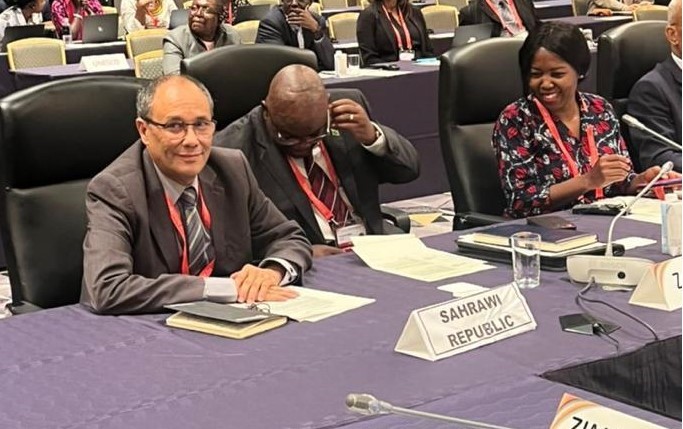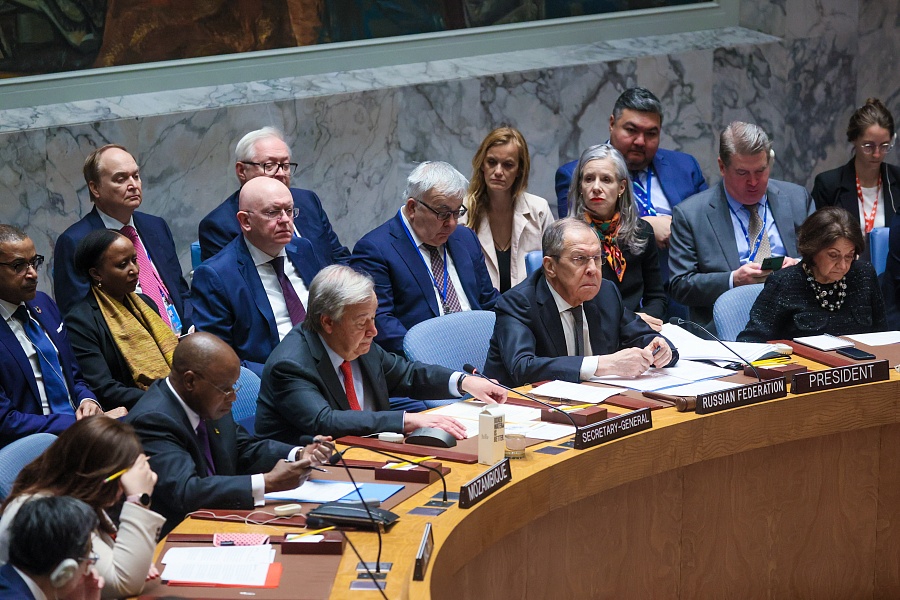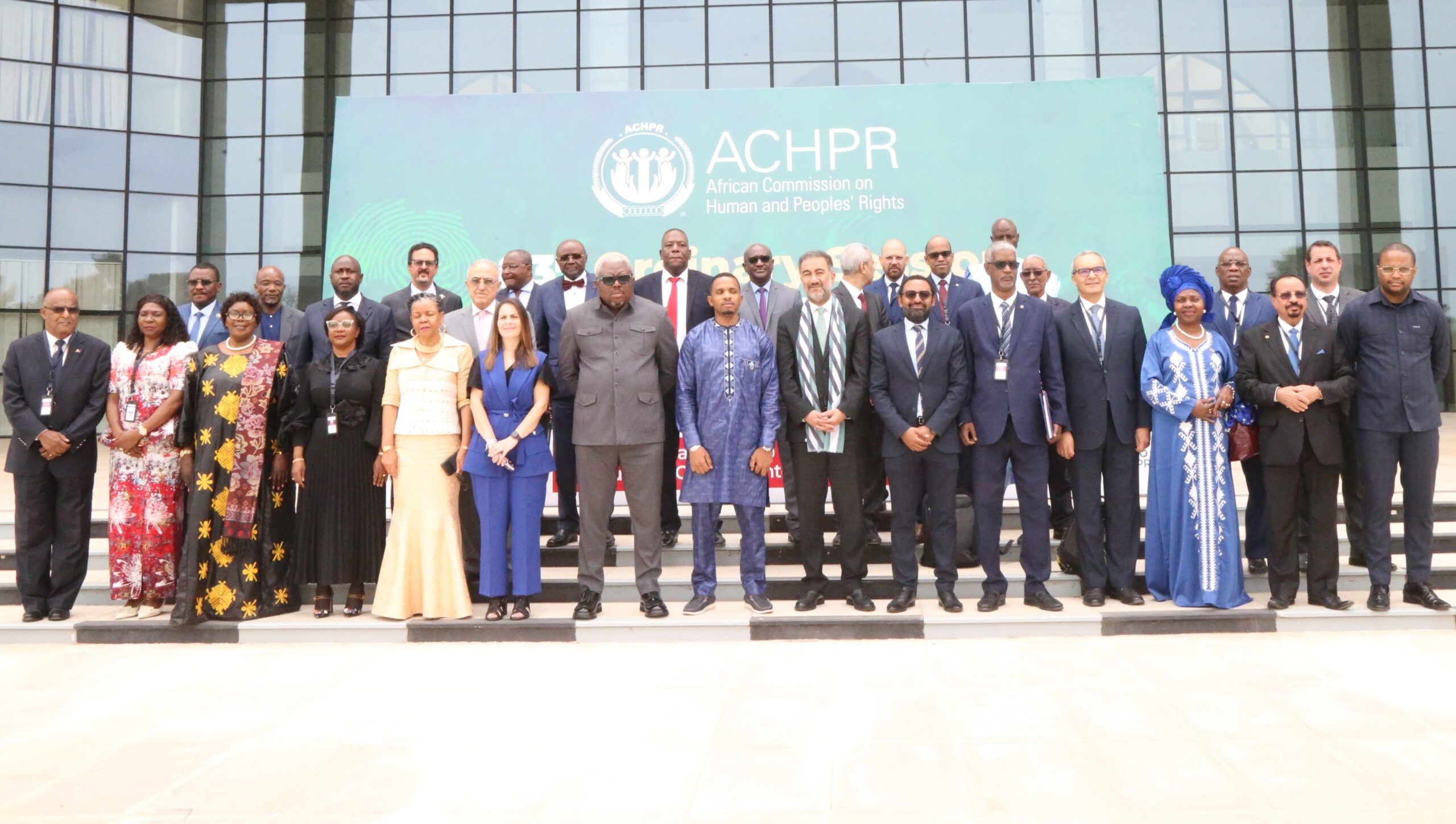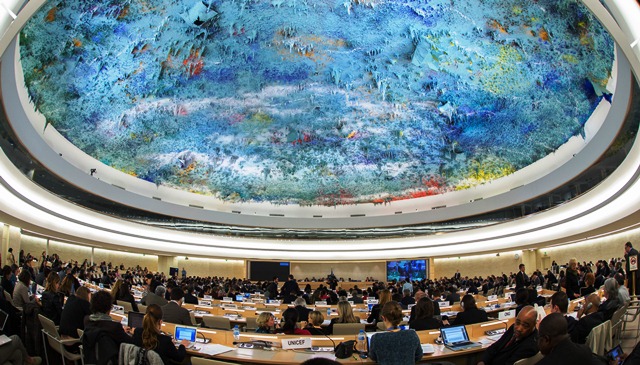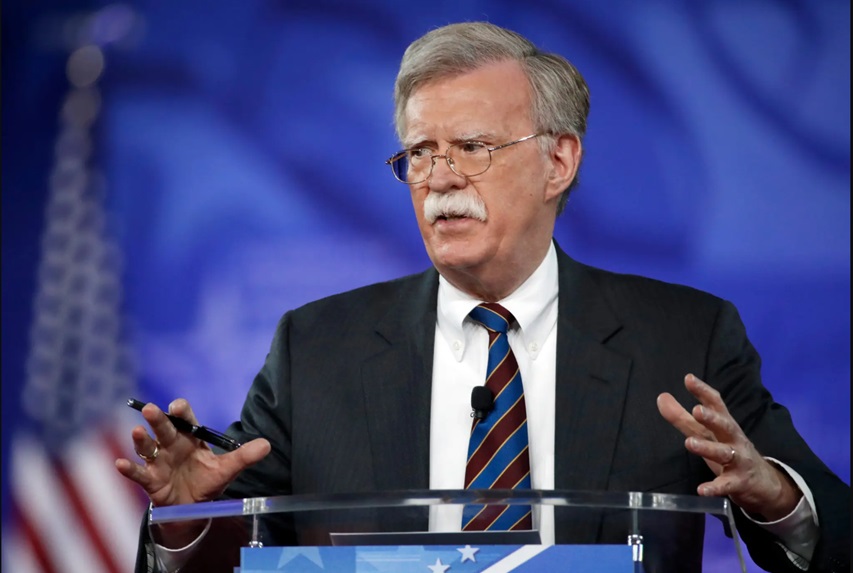
In an article published by The Washington Times, former U.S. National Security Adviser and UN Ambassador John Bolton debunked Moroccan propaganda targeting the Polisario Front and the Sahrawi people’s struggle for independence. He rejected accusations spread by Morocco’s lobbyists in Washington, emphasizing that the Polisario has never embraced extremist ideologies, even during difficult times.
Bolton, a key U.S. expert on Western Sahara, stressed that many U.S. officials have visited the Polisario and confirmed the falseness of Morocco’s claims. He blamed Morocco’s obstruction as the main reason the conflict remains unresolved and urged the U.S. to return to its original stance supporting Sahrawi self-determination, as outlined in the 1991 UN-OAU Settlement Plan. Highlighting America’s historic role, Bolton noted the involvement of senior U.S. diplomats as mediators. His article delivers a significant rebuttal to Moroccan efforts to label the Polisario as a terrorist group.
Below is John Bolton’s original article published in the Washington Times:

———————————-
China and Russia gain African influence while America ignores Western Sahara sovereignty crisis
U.S. should support a referendum allowing Sahrawis to determine their own future
By John Bolton – Wednesday, May 28, 2025
One major piece of unfinished international business is determining the sovereignty of the Western Sahara. This large territory on North Africa’s west coast, south of Morocco, has been in limbo since the late 1970s, to the detriment of its population and the stability and security of the Sahelian region. With Chinese and Russian influence mounting across Africa, this is no time to provide another opportunity to increase their influence.
Spain, the former colonial power, did not participate in the “winds of change” prevailing across Africa in the 1950s and 1960s, instead desperately seeking to retain its few remaining overseas possessions. Francisco Franco’s death in November 1975 brought his regime crashing down, and Spain effectively abandoned Western Sahara, known since as “Africa’s last colony.” Two bordering states, Morocco and Mauritania, invaded, hoping to seize the undefended territory, but the native Sahrawis resisted through what came to be known as the Polisario Front. Mauritania subsequently renounced any territorial claims, but Morocco’s military largely prevailed, and now controls about 80% of the country. The rest is held by the Polisario, based near Tindouf in southwestern Algeria, which supports the Sahrawis.
There the dispute remains today. The obvious solution to the sovereignty issue is to ask the people native to the Western Sahara which they prefer: independence or a promised “autonomy” under Morocco. In 1991, after the U.S.-led reversal of Saddam Hussein’s invasion of Kuwait, Washington pushed through Security Council Resolution 690, creating a United Nations peacekeeping operation to oversee a referendum on Western Sahara’s future. The resolution tracked a 1988 agreement between Polisario and Morocco, and both supported the Security Council’s approach.
But Morocco began obstructing U.N. efforts to implement the resolution almost from the moment it passed, fearing that in a truly free and fair referendum, Sahrawis would choose independence. Former Secretary of State James Baker successfully brought the parties back to the table to agree to pursue a referendum in the 1977 Houston Accords, but Morocco again reneged, refusing even to consider the referendum it had repeatedly accepted. Unfortunately, Morocco’s obstruction has prevailed ever since, with hundreds of thousands of Sahrawis still living in U.N.-run refugee camps near Tindouf.
One element of the problem is that Western Sahara is caught up in disagreements between Morocco and Algeria dating back to decolonization days. A major source of tension stems from Morocco’s territorial aspirations, which include not just Western Sahara but also large portions of northern Mauritania and western Algeria.
During and after the Cold War, Algeria’s ties with the West were not nearly as strong as Morocco’s, which worked to the Sahrawis’ detriment. That is changing. Recent evidence that Algeria is seeking new strategic alliances and the first-ever U.S.-Algeria military cooperation agreement, signed at the start of the second Trump administration, signals this new direction.
Alert to the risk that their obstructionism may be faltering, the Polisario’s opponents are trying a new line of propaganda, alleging without evidence that the Polisario has come under Iran’s influence. This misinformation may well be intended to divert U.S. attention from Morocco’s decadeslong stonewalling against a referendum. Sahrawi opponents have gone as far as claiming that Polisario fighters were among foreign militias Iran trained in Syria under the now-fallen Assad regime.
The Washington Post and other publications report that the new Syrian government and Polisario have flatly denied these allegations but Morocco’s friends in the West continue to spread them. Perhaps influenced by this anti-Sahrawi propaganda, legislation has been introduced in the House to designate Polisario as a terrorist group. This is as inaccurate a claim as could be made about Sahrawis, who rank among the decidedly moderate in their religious views.
They never succumbed to the radicalism that swept the Middle East after Iran’s 1979 Islamic Revolution. Claims that Sahrawis are susceptible to Tehran-based Shiite propaganda are belied by the long-standing presence in the camps of U.S. religious, nongovernmental organizations providing educational and medical services. One reason James Inhofe, former chairman of the Senate Armed Services Committee, now deceased, was an ardent Polisario supporter was precisely the religious openness he and others found in the camps. Over the years, State Department reporting has consistently supported this assessment, and the United Kingdom has already officially rejected the recent allegations of collusion with Iran.
U.S. policy on the Western Sahara should return to its 1991 origins, supporting a referendum for the Sahrawis to determine their own future. Many members of Congress have visited the Tindouf camps over the years and met with Polisario leaders and Americans working in the camps. More should do so to get the facts about the Sahrawi people.
• John Bolton is former national security adviser to President Trump and a former ambassador to the United Nations.






